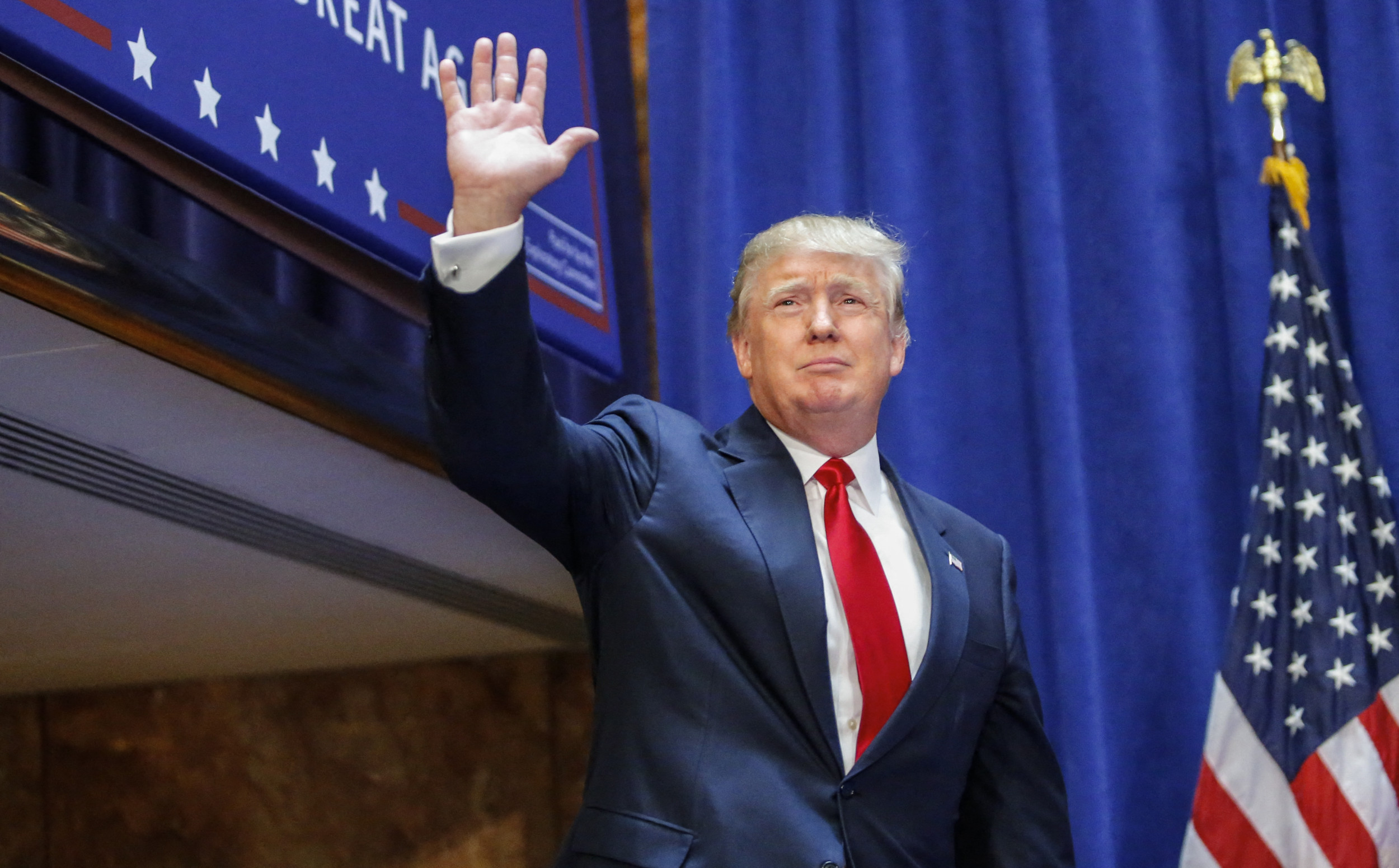National Identity: Trump's Urgent First-Day Task

National Identity: Trump's Urgent First-Day Task. Discover more detailed and exciting information on our website. Click the link below to start your adventure: Visit Best Website. Don't miss out!
Table of Contents
National Identity: Trump's Urgent First-Day Task – Rebuilding American Unity?
A fractured nation awaits: Donald Trump's presidency began with a nation deeply divided. Beyond policy debates, a fundamental question loomed large: Could he successfully redefine and solidify American national identity? His first day in office presented a pivotal moment, setting the tone for his approach to this monumental challenge. This article explores the complexities of Trump's approach to national identity, analyzing his inaugural address and early actions to understand his vision and its impact.
The Inaugural Address: A Call to "America First"
Trump's inaugural address served as his initial statement on national identity. The speech, characterized by its populist rhetoric and emphasis on "America First," signaled a departure from previous administrations. Key themes included:
- Prioritizing American interests: This central message resonated with his base but alienated many who felt it implied isolationism and a rejection of global cooperation.
- Restoring American greatness: The promise to restore a bygone era of American dominance sparked both hope and skepticism, depending on individual interpretations of the past.
- Focusing on the working class: This appeal targeted a segment of the population often feeling left behind, strengthening a sense of belonging among his supporters.
The address, while lacking concrete policy proposals regarding national identity, offered a powerful narrative designed to unite his supporters under a shared vision of American exceptionalism. However, its exclusionary language and focus on perceived threats to American identity alienated many.
Early Actions and Their Impact on National Identity
Trump's first days in office saw a flurry of executive orders and policy changes, each having a direct or indirect impact on how he defined and sought to solidify national identity:
- Immigration restrictions: The travel ban targeting several Muslim-majority countries directly affected immigration policy, shaping perceptions of American inclusivity and sparking widespread protests. This action fueled the debate about the true nature of American identity and its capacity for welcoming immigrants.
- Withdrawal from international agreements: Decisions such as withdrawing from the Paris Agreement on climate change were framed by some as a rejection of global responsibility, directly challenging the perception of America's role on the world stage and its international identity.
- Emphasis on patriotism and nationalism: The increased emphasis on displays of patriotism – flags, anthems, and rhetoric – served to reinforce a particular image of American national identity, one that resonated with some but alienated others who felt it promoted exclusionary nationalism.
These actions generated intense debate, highlighting the deep divisions within American society regarding national identity and its definition.
The Ongoing Debate: Defining American Identity
The concept of American national identity remains fluid and contested. While some emphasize shared values such as democracy, freedom, and equality, others focus on factors like ethnicity, religion, or cultural background. Trump's presidency significantly contributed to the ongoing debate, prompting a critical examination of:
- The role of immigration: The question of how immigration shapes national identity remains central.
- The balance between national interests and global cooperation: Finding a balance that accommodates both is crucial.
- The evolving relationship between patriotism and inclusivity: Reconciling national pride with respect for diverse perspectives is essential.
Understanding and navigating these complex issues is critical for the future of American democracy. We invite you to share your thoughts on this pivotal topic in the comments below.
Keywords: National Identity, Donald Trump, America First, Inaugural Address, Immigration, Patriotism, Nationalism, American Exceptionalism, Political Polarization, US Politics, Unity, Divisive Politics, Populism.

Thank you for visiting our website wich cover about National Identity: Trump's Urgent First-Day Task. We hope the information provided has been useful to you. Feel free to contact us if you have any questions or need further assistance. See you next time and dont miss to bookmark.
Featured Posts
-
 Indultara Trump A Ross Ulbricht El Debate Sobre El Creador De Silk Road
Jan 23, 2025
Indultara Trump A Ross Ulbricht El Debate Sobre El Creador De Silk Road
Jan 23, 2025 -
 Fda Blood Donor Policy Tinders Campaign For Inclusivity
Jan 23, 2025
Fda Blood Donor Policy Tinders Campaign For Inclusivity
Jan 23, 2025 -
 Experts React Trumps 500 Billion Bet On Artificial Intelligence
Jan 23, 2025
Experts React Trumps 500 Billion Bet On Artificial Intelligence
Jan 23, 2025 -
 Rivalries And The Red Planet The Untold Story Of Mars Exploration
Jan 23, 2025
Rivalries And The Red Planet The Untold Story Of Mars Exploration
Jan 23, 2025 -
 Dangerous Winter Storm Snow And Freezing Temps Slam Southern Us
Jan 23, 2025
Dangerous Winter Storm Snow And Freezing Temps Slam Southern Us
Jan 23, 2025
Latest Posts
-
 Living With Dirtyahip Coping Strategies And Support
Feb 05, 2025
Living With Dirtyahip Coping Strategies And Support
Feb 05, 2025 -
 Rubio Comments On El Salvadors Offer For Us Deportation
Feb 05, 2025
Rubio Comments On El Salvadors Offer For Us Deportation
Feb 05, 2025 -
 Neil Gaimans Legal Troubles Update On The Coraline Authors Case
Feb 05, 2025
Neil Gaimans Legal Troubles Update On The Coraline Authors Case
Feb 05, 2025 -
 Previsions Meteo Temperatures Glaciales Et Neige Annoncees
Feb 05, 2025
Previsions Meteo Temperatures Glaciales Et Neige Annoncees
Feb 05, 2025 -
 Final Destination Bloodlines Trailer A Bloody New Chapter
Feb 05, 2025
Final Destination Bloodlines Trailer A Bloody New Chapter
Feb 05, 2025
